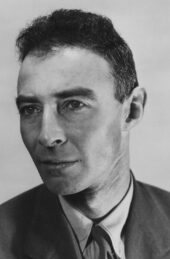Nearly half a century after the events he witnessed in 1914, the novelist Henry Williamson fictionalised the Christmas truce in his novel A Fox Under My Cloak, describing crawling through No Man’s Land on Christmas night and hearing ‘Silent Night’ sung from the enemy trenches:
“It was all so strange. It was like being in another world, to which he had come through a nightmare; a world finer than the one he had left behind, except for beautiful things like music, and springtime on his bicycle in the country.”
The incident changed his life. The revelation that the other side was not just human, but regarded the struggle in similar terms to the allies, made him look on the war in a new light, informed by his growing awareness that he was himself partly German. The truce made him an idealist. The enemy soldiers he met were cold, frightened and idealistic, just as he was.
It is now a staggering 106 years since Christmas 1914 – and six years since a commemorative football match was played in Aldershot between the British and German armies. Six years also since they wheeled Prince William out to the legendary match in Staffordshire.
It must have been hard commemorating the centenary of something quite so informal and spontaneous. You can hardly ship out the Queen and send in the marching bands. A match must have seemed as good an idea as any.
There were of course many matches, though oddly they are most of them remembered as having ended with a score of 3-2 to the Germans (no penalty shoot-outs in those days). Most had no proper balls.
But one of the peculiarities of the Christmas Truce is that we are too misty-eyed to take it seriously as history.
It is true that people described it at the time as dreamlike – as Williamson did – and the spontaneous friendship in the frost and snow certainly had a degree of magic about it.
It is true that even those taking part wondered whether it might just go on forever.
But it wasn’t – at least in the British and German lines – political or pacifist, as similar demonstrations would be on the French and Russian fronts later in the war.
To read further, purchase Issue One of Aspects of History here.
From Peace on Earth, by David Boyle.






